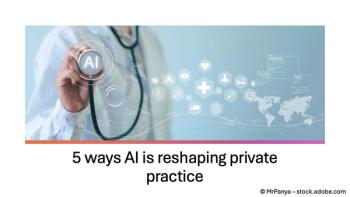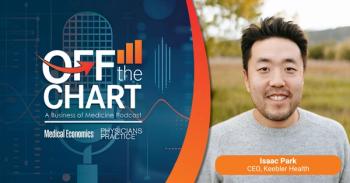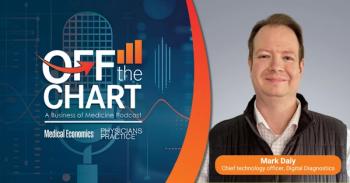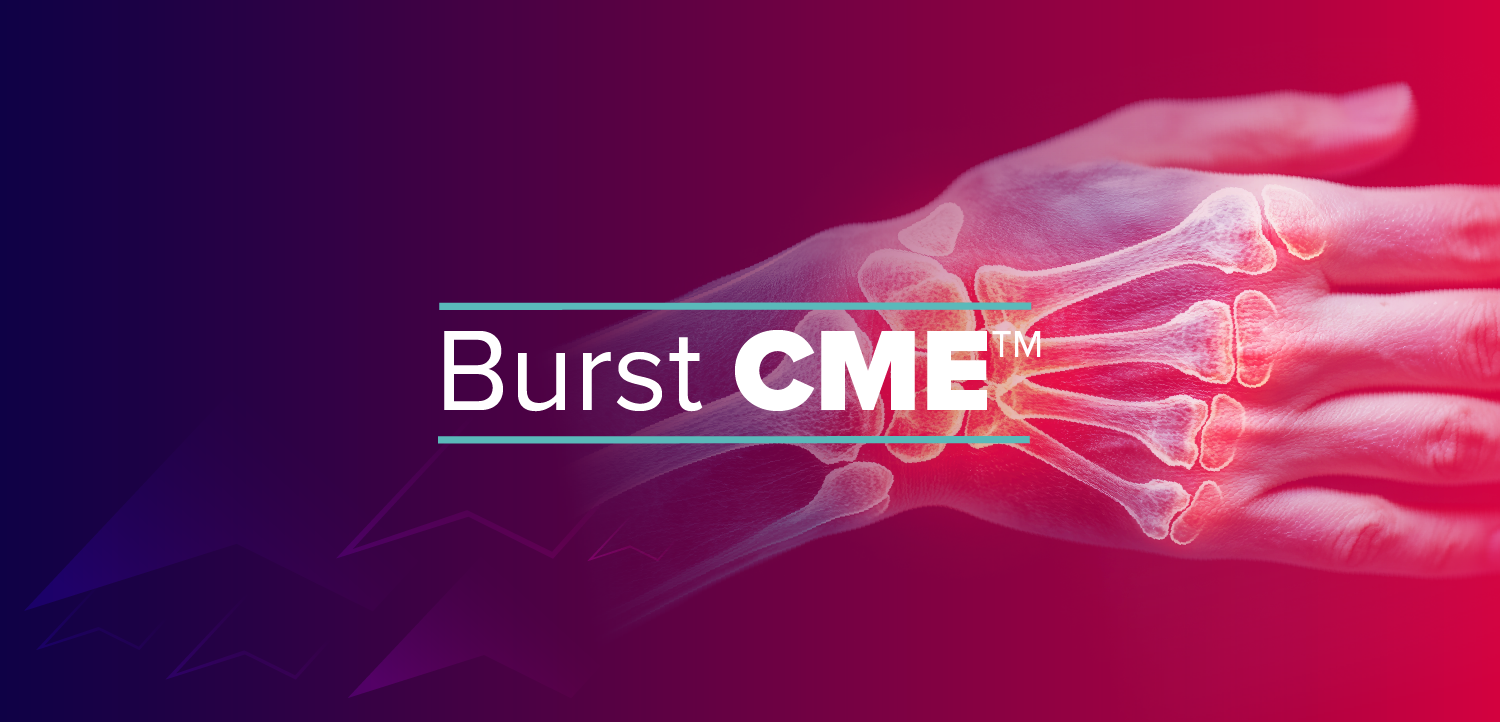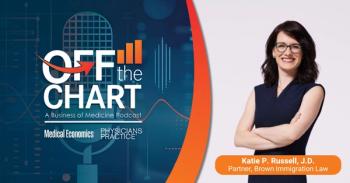
Mobile Health Innovations Changing Definition of Healthcare
Mobile health continues to evolve, changing healthcare each day. But it remains to be seen if the industry can adapt to this ongoing innovation.
As the universe of mobile health innovation continues to develop, so must the healthcare industry to embrace it.
That was the message Tuesday (March 4) at this year's HIMSS13 conference in New Orleans, delivered by Richard Krohn, president of health IT consulting firm HealthSense, and Richard Metcalf, PhD, director of the Mixed Emerging Technology Integration Lab at the University of Central Florida's Institute for Simulation and Training.
Krohn noted that for many, there is a "narrow vision" of mobile health as a communications conduit made possible by tablets, smartphones, or other communications means. He proffered mobile health as an entire system, extending the utility and efficiency of healthcare infrastructures and supporting new treatment modalities such as accountable care organizations (ACOs) and Patient-Centered Medical Homes (PCMHs).
"Mobile health is a universe that is constantly expanding, challenging the notion of healthcare and how it can be delivered," Krohn said. "…It is providing a whole new definition of healthcare and how it is delivered."
At the center of this universe, Krohn noted, is the consumer or the patient, who "can take a more active role, is educated about their health issues, is more accountable, and can be proactive."
And mobile health is no longer the 99 cent app in the iTunes store. Just as it is finding its way into ACOs and PCMHs, it is finding a logical connection with other technologies, from voice recognition to RFID. "It is not restricted to some sort of mobile communication architecture …it is being meshed and married to other technologies.
"It is becoming less of a ‘nice to have’ and more of a ‘must have,’" he said.
Both Krohn and Metcalf shared mobile health applications that are changing healthcare, from the app that locates critical need of medical care following the earthquake in Haiti to text-based reminders for mothers in Tanzania and Rwanda on HIV prevention and other medical needs for their families.
"[These mothers] are the deciders on what, if any, healthcare the family receives," Krohn noted.
Stateside, Metcalf noted how today's medical students are more and more likely to be equipped with a tablet like the iPad and how the industry is responding. He noted medical textbooks now converted to tablet-based publications with 3D models, "providing real-time manipulation [of a concept] versus explaining in 10 to 15 pages," to a "virtual family" app used at UCF where a student deals with all the members of a family: the sick ones as well as those constantly e-mailing, texting, or leaving voicemail with questions.
"It is just like any physician barraged with information - these are all the pieces of evidence [to get to a diagnosis]," Metcalf said.
But as patients, medical students, and today's physicians gravitate to all the planets in the mobile health universe, there are still various hurdles to their journey. One of the biggest, noted Krohn, is the current fee-for-service business model of healthcare.
"Mobile health doesn’t play well with the reimbursement schematic," he said, noting there have been some e-visit and other pilots by payers. "But things are still in the development stage. You are going to have to have an entire restructuring of [reimbursement] …embraced as a business proposition."
This entire restructuring also involves a cultural change in what healthcare is - by both the physician and the patient.
"We need to look at that 100-year-old model of medicine and the reimbursement model and the way healthcare is envisioned by the consumer and the provider," Krohn said, noting that there are plenty of innovators and "health artists" out there willing to come in and continue to think outside the box.
"They can take the technology as it currently exists now, turn it into a blank page and create something new," he said. "Mobile health has a rich template for innovation."
Newsletter
Optimize your practice with the Physicians Practice newsletter, offering management pearls, leadership tips, and business strategies tailored for practice administrators and physicians of any specialty.

